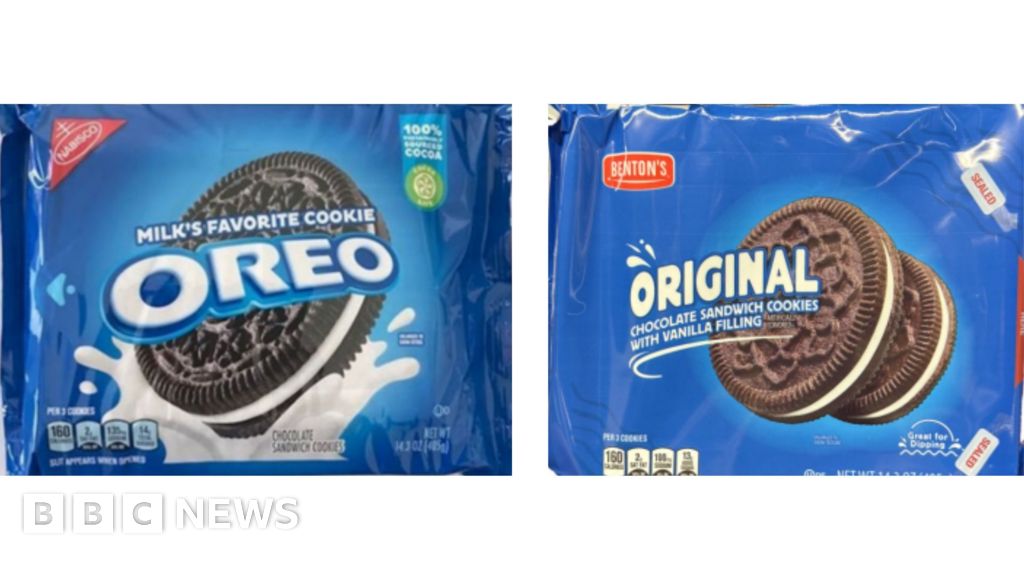On May 8, I stood on the colonnades of St. Peter’s Square on the beautiful afternoon a new pope was elected, shoulder to shoulder with pilgrims from every corner of the globe. The roar that erupted when white smoke billowed from the Sistine Chapel chimney is something I’ll never forget.
The earth beneath my feet shook as the bells of the ancient basilica tolled. And then the announcement: the unknown Robert Francis Prevost had been elected the vicar of Jesus Christ.
Silence—everywhere. “Who?” an elderly nun next to me asked.
Overconfident in my Latin skills and my biographical knowledge of the 133 cardinal-electors, I exclaimed: “Robert, Sister! He’s from America — he’s one of us.” The cardinal-electors had chosen a Midwesterner to be the Successor of Saint Peter.
As the bells of St. Peter’s pealed and the red velvet drapes parted on the balcony, we knew we were seeing the dawn of a new era for the Church—and, in some ways, for America too.
In Vatican circles, the early consensus is that Pope Leo XIV may become to Pope Francis what Paul VI was to John XXIII, or what Benedict XVI was to John Paul II. In other words, he is seen as a man who can bring structure, discipline, and tangible reforms to consolidate the prophetic vision of his predecessor. Pope Francis lit an evangelical fire in the Church’s conscience over the past decade, preaching about the peripheries, mercy, and care for the poor.
Read More: Pope Francis’ Greatest Achievement Was Emphasizing Mercy
Pope Leo, a calm lawyer-bishop with years of governance experience, seems aptly cast for that role. His job now is to take Francis’s lofty ideals and hammer them into lasting policy. If Francis was the dreamer, Leo will be the doer.
For all the lofty historical comparisons, sometimes the ordinariness of this moment is what strikes me most. After the white smoke cleared and the crowds drifted home singing hymns, I did something utterly mundane: I pulled out my phone and shot off a text to an old contact I had in my phone from a decade past. Except that old contact is now the Pope.
I thumbed, hitting send with a mix of giddy disbelief and pride. Almost immediately, the message bubble turned green, undeliverable.
Of course it did. Father Bob had traded his iPhone for the Fisherman’s Ring, and his private cell number was probably deactivated by the Vatican within minutes of Habemus Papam.
I laughed at myself for thinking I could just text the pope, but the impulse itself says so much: We Americans are used to our leaders being just a tap away, and for a moment, I had forgotten that my countryman on the balcony was now a universal pastor with an entirely different life.
Beyond the novelty and pride, many of us are looking to this new pope with a deeper longing: could this be a moment of moral and institutional renewal for America? It’s no secret that our country has been sorely divided in recent years. We’ve endured bruising political fights, a crisis of truth and civility, even an insurrection and the ongoing temptation of authoritarian politics. Trust in institutions is at a historic low; faith communities themselves are riven by conflict. Americans, in short, are hungry for healing—a restoration of integrity in our public life and compassion in our communities
In this context, the first American pope feels providential. Who better than an American, steeped in the ideals of liberty under God, to remind the world that faith and freedom stand together against loneliness and isolationism?
Don’t be surprised if he soon uses his moral pulpit to gently, but firmly, push back against the siren song of authoritarian leaders — be they on the international stage or lurking in our domestic politics. His voice, coming from an American who cannot be dismissed as “anti-American,” might uniquely rally the conscience of our people. At the very least, his example of servant leadership—prioritizing the poor, dialoguing with opponents, renouncing worldly power—is a much-needed antidote to the cynical power-grabs we’ve grown accustomed to.
Without rehashing this era’s divisiveness too much, it’s fair to say this is a time when America’s image was often tied to loud, combative nationalism and a cult of personality. How poetic, then, that as we turn the page, the world’s spotlight shifts to an American known for quiet service and spiritual depth. Pope Leo XIV’s rise doesn’t erase our nation’s struggles, but it does offer a new narrative for what American leadership can mean.
It suggests that America’s greatest export might not be our entertainment or weaponry, but our capacity for idealism and moral vision.











 English (US) ·
English (US) ·